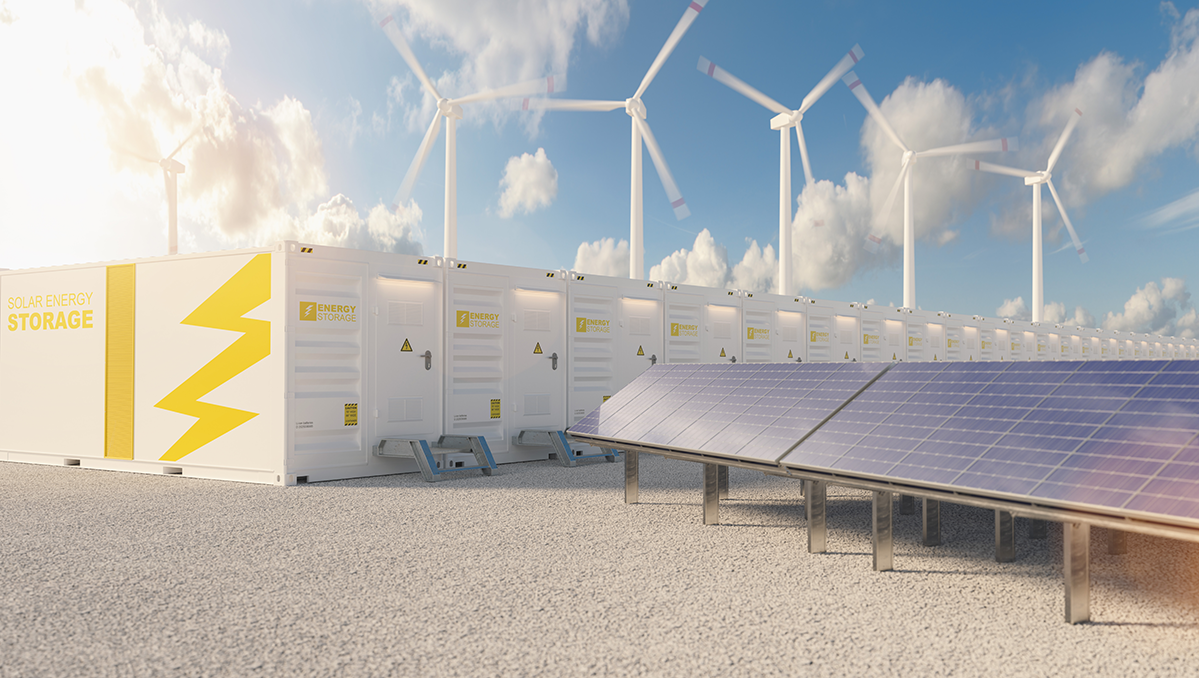
High-power EV charging stations, like those used in MCS (Megawatt Charging Stations), require advanced thermal management to handle the heat generated during the rapid charging processes. These stations need to efficiently cool the charging hardware and also manage the ambient temperature to ensure safety and operational integrity.
Stationary charging stations are typically equipped with liquid cooling systems to manage the heat effectively. These systems circulate a coolant to absorb and dissipate heat from the chargers and are especially crucial in climates with high ambient temperatures, where cooling demands are significantly higher.
In summary, the deployment of efficient thermal management systems in off-highway vehicle battery charging, MCS for commercial trucks, and high-power EV charging stations is essential for the advancement and sustainability of electric vehicles in heavy-duty and commercial applications. These systems ensure that the vehicles and infrastructure operate safely, reliably, and efficiently, maximizing the lifecycle of the batteries and the overall effectiveness of the electric vehicle technology.

Advanced Thermal Management in High-Power EV Charging Stations
High-power EV charging stations, such as those used for Megawatt Charging Systems (MCS), require sophisticated thermal management to cope with the substantial heat generated during rapid charging processes. These stations face the dual challenge of cooling the charging hardware and managing the ambient temperature, ensuring both safety and operational integrity.
Cooling the Charging Hardware
The core of thermal management in high-power charging stations lies in their ability to efficiently dissipate heat generated during the charging process. This is crucial to maintain the integrity and longevity of both the charging station and the vehicle’s battery. Most high-power charging systems employ liquid cooling mechanisms. These systems utilize a coolant that circulates through the charging cables and connectors, absorbing heat and then dissipating it away from the charging components and the vehicle.
Ambient Temperature Management
Beyond just cooling the hardware, high-power charging stations also need to manage the ambient temperature around the charging area. This is especially important in regions with high ambient temperatures, where the external heat can exacerbate the temperature challenges associated with rapid charging. Efficient management of the surrounding air temperature is essential to prevent overheating of the equipment and to ensure safety standards are met. This is often achieved through a combination of ventilation, shaded station designs, and sometimes air-conditioned environments for enclosed charging stations.
Integrating Cooling Systems
The deployment of efficient thermal management systems in off-highway vehicle battery charging, MCS for commercial trucks, and high-power EV charging stations is essential for the advancement and sustainability of electric vehicles in heavy-duty and commercial applications. These systems ensure that the vehicles and infrastructure operate safely, reliably, and efficiently, maximizing the lifecycle of the batteries and the overall effectiveness of the electric vehicle technology.
The integration of cooling systems in EV charging stations involves several components including pumps, radiators, and thermal sensors. These components work together to form a feedback loop that adjusts cooling intensity based on the heat load detected during charging sessions. Advanced systems can dynamically adjust cooling flows based on real-time data, enhancing efficiency and reducing energy consumption while maintaining optimal operating temperatures.
Benefits of Effective Thermal Management
Effective thermal management in EV charging stations extends beyond protecting equipment. It plays a critical role in:
- Enhancing the charging speed by maintaining optimal temperatures for electricity transfer,
- Increasing the lifespan of both the charging station and the vehicle’s battery by avoiding temperature extremes,
- Ensuring the reliability of the station, which is crucial for user confidence and the broader adoption of electric vehicles.


